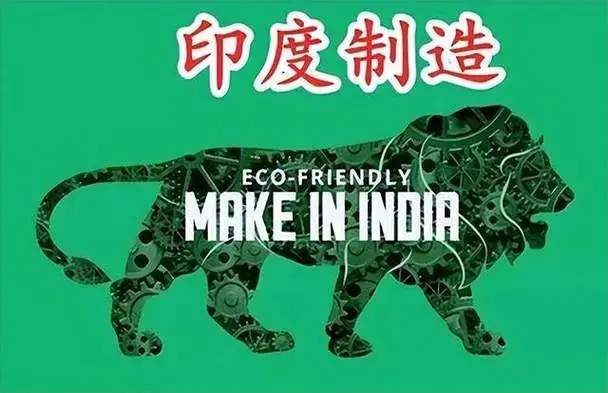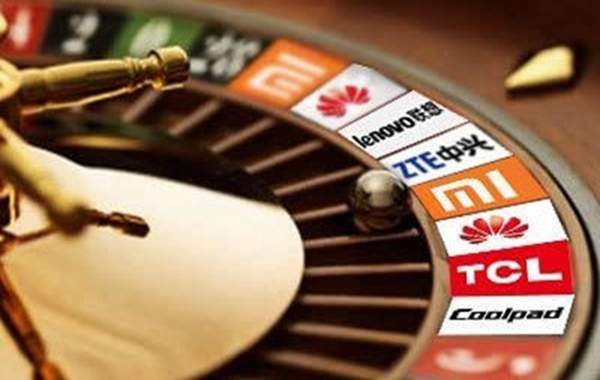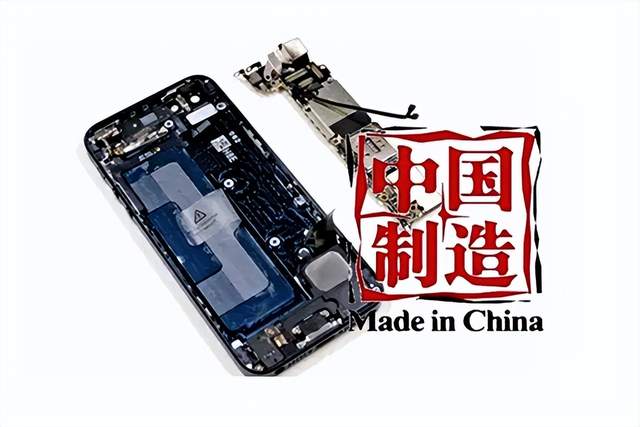Apple harvested by India, or may return to the embrace of Made in China
![]() 07/18 2024
07/18 2024
![]() 534
534
India's reputation as a graveyard for foreign investment has once again spread far and wide, as it has successively targeted several Chinese mobile phone companies. Some Chinese mobile phone brands have chosen to drastically scale back their operations in India. With India having completed its harvest of Chinese mobile phones, the next target widely believed to be in the crosshairs is Apple.

Chinese mobile phone brands have contributed to the rise of manufacturing in India. In 2014, Modi launched the Make in India initiative, but progress was slow for several years until 2017, when a Chinese mobile phone company partnered with Foxconn to set up a factory in India, marking the true beginning of Indian manufacturing, which gradually entered a high tide.
With the help of Made in India, this Chinese mobile phone company won the favor of Indian consumers and quickly became the leader in the Indian mobile phone market. This subsequently attracted many Chinese mobile phone brands to set up factories in India, and they too reaped rewards. Four out of the top five mobile phone brands in India are Chinese, and Chinese mobile phone brands collectively held up to 80% of the market share at one point.
Chinese mobile phone brands helped India develop part of its mobile phone supply chain, and Apple finally took notice of India. In 2019, at Apple's request, Foxconn set up a factory in India to assemble iPhones. In 2020, Wistron entered, and later, Pegatron also set up a factory in India, thereby increasing the proportion of iPhones assembled in India to 12%.

However, India then turned on the Chinese mobile phone companies that had contributed significantly to promoting Made in India, issuing huge fines against Chinese mobile phone brands for various reasons and even directly freezing nearly RMB 5 billion in deposits of one Chinese mobile phone company. This barbaric behavior reminded people once again of India's reputation as a graveyard for foreign investment.
After years of entanglement, Chinese mobile phone companies have grown tired of the situation. One of them seems to be quietly scaling back its operations in India, with shipments of mobile phones in India continuing to plummet. However, this has not affected its shipments in overseas markets, and by expanding into Europe, the Middle East, and other markets, it has set a new record for overseas shipments.
Another Chinese mobile phone company is said to have sold a 51% stake to an Indian company at a low price, with no premium attached to this stake and even valuing it at the initial investment amount. It can be said that Indian conglomerates have essentially snatched up this stake at a bargain price, and India's barbaric behavior has frightened many foreign-invested enterprises. Since 2022, more than 1,700 foreign-invested enterprises have been deregistered in India, accounting for one-third of the more than 5,000 foreign-invested enterprises registered in India.

With India's harvest of Chinese mobile phone brands basically complete, it is likely to take measures against Apple as well, after all, Apple brings even greater benefits, and Indian conglomerates have a big appetite. Many US companies, such as Amazon, Walmart, and Ford, have previously suffered setbacks in India. Among them, Ford fared the worst, losing more than USD 2 billion over more than a decade of investment before ultimately leaving India, with its Indian plant being sold to the Indian conglomerate Tata for just over USD 90 million, and Ford having to pay severance packages for 60 months.
In fact, India's harvest of Apple has already begun. Apple has pushed Foxconn, Wistron, and Pegatron to set up factories in India. Among them, Wistron's Indian factory has already been acquired, and negotiations to acquire Pegatron are underway. Indian conglomerates also have stakes in Apple's retail stores in India. It can be said that Apple's manufacturing and retail operations in India have been infiltrated by Indian conglomerates.
The ultimate goal of Indian conglomerates may be to monopolize Apple's manufacturing and sales in India, leaving Apple with only a share of the profits while completely losing control over its Indian operations. This may be unacceptable to Apple, and to counter this, Apple has taken some measures. Most orders for this year's iPhone 16 have been placed with Chinese contract manufacturers, and facts have also proven that iPhones made in China are of higher quality.

Although Indian manufacturing has achieved some successes, India's supply chain is far from complete. iPhones made in India still require a large number of imported components from China. In such a situation, India begins to take advantage, which may not necessarily be a good thing for Indian manufacturing. Without the support of foreign-invested enterprises, it will be difficult for Indian manufacturing to develop.








